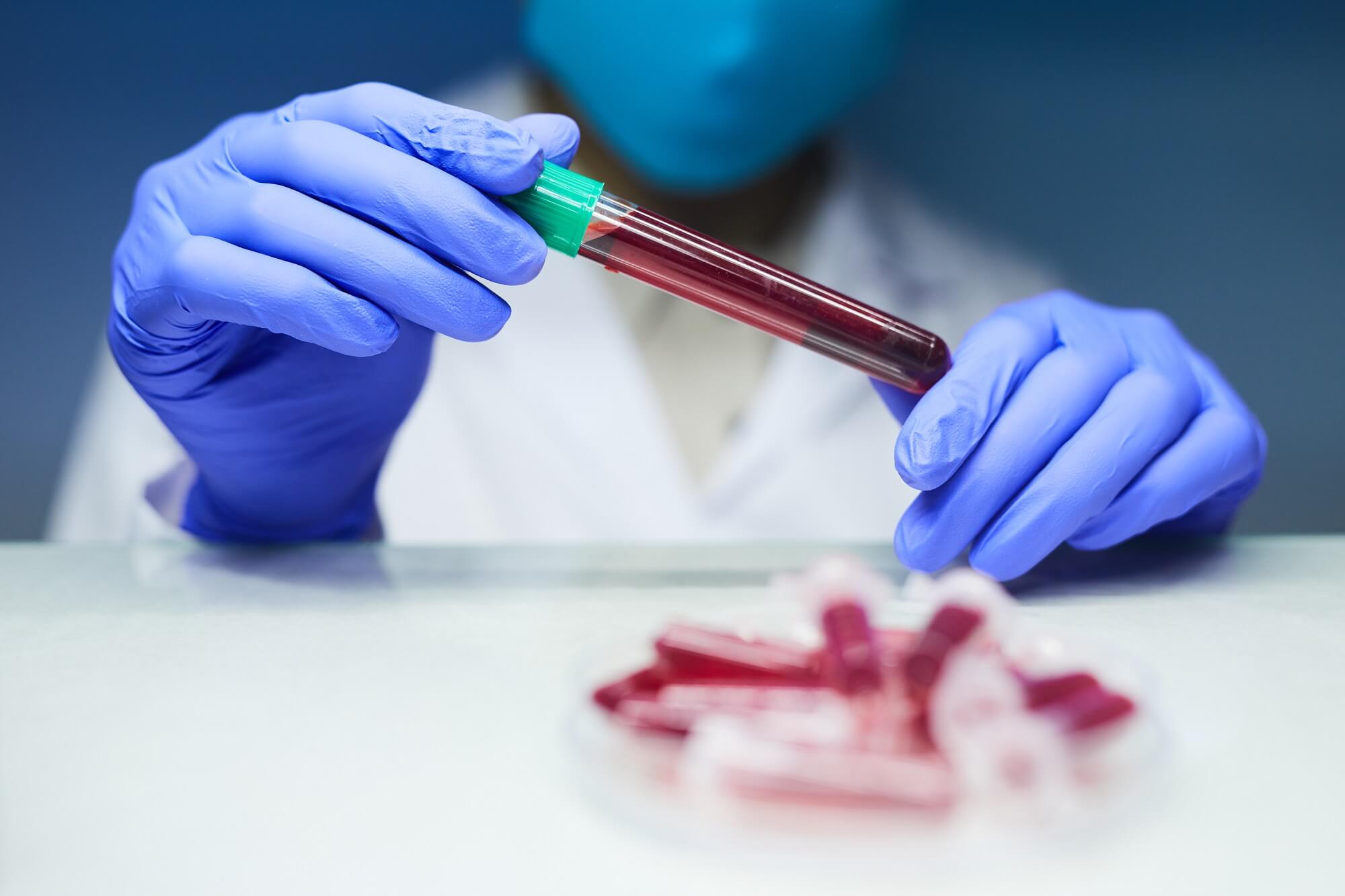Blood Type and Health – How Are They Connected?
All blood, regardless of the type, features the exact same building blocks. But, they all have their own role to play, for example: • White Blood Cells – are cells responsible for combating infections. • Red Blood Cells – responsible for transporting oxygen. • Platelets – help with blood clotting after an injury. • Plasma – is a fluid that transports the blood cells through the veins. Another important factor is the antigen structure. These antigens are present on the outside of the red blood cells and are meant to protect the blood supply. They can spot invading pathogens and trigger an immune response that will attack these invaders. The actual impact of blood type on health depends on the antigens and antibody makeup. They cause some blood groups to be more susceptible to certain sicknesses than others. Here is how each blood group is linked to a specific disease.How to Find Out Your Blood Type?
If you are wondering how to find out your blood type, you have two choices: get tested at a clinic, or use an at-home testing kit. If you decide to go to the doctor’s office, a nurse will draw your blood and take it to a lab for further analysis. However, you will have to wait a while, to get the results. If you are interested in a more practical solution without having to leave the house, you can do that too. Get a blood typing kit that uses a needle for pricking the finger. This kit is equipped with reagents that detect the Rh factor and antibodies in the human system, quite like the one they use at the clinic to find out one's blood type. The sooner you find out your blood type, the better. Remember, every type of blood needs a specific blood type diet. While it’s essential to eat diverse meals, some blood types benefit from certain types of food. So, you should include them more in your diet. Here are the typical options of good foods that should be included in a blood type diet. For example, for type O, it’s best to choose foods high in protein, type A fruits, type B meats, seafood, and grains, and for AB all kinds of dairy, grains, and fruits.
Leave a Comment